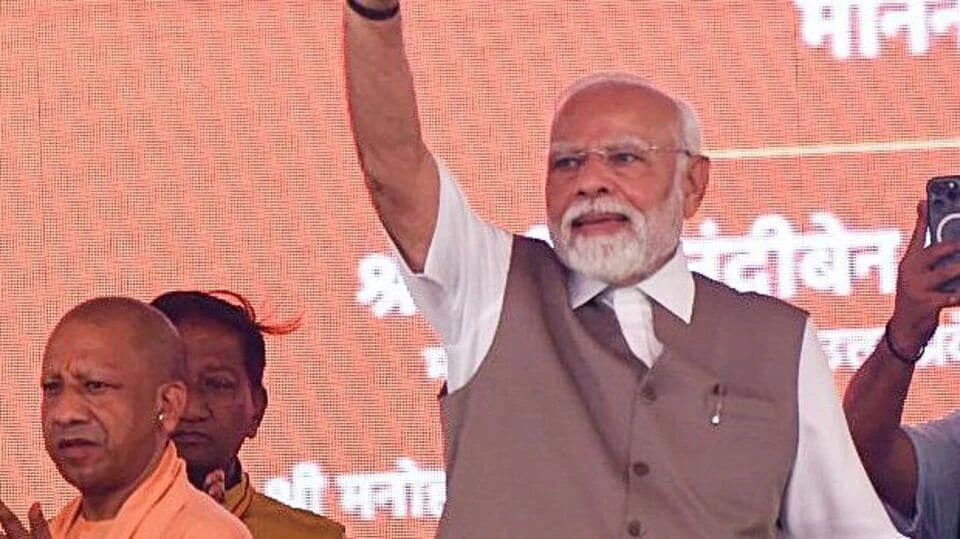New Delhi: Prime Minister Narendra Modi on Friday said the Kanpur node of the Uttar Pradesh Defence Corridor is crucial for indigenous manufacturing, weeks after defence minister Rajnath Singh inaugurated a BrahMos manufacturing facility in Lucknow.
The Uttar Pradesh Defence Industrial Corridor is an initiative by the Centre and the UP government to boost defence manufacturing capacity in the country’s most populous state. It has six nodes – Aligarh, Agra, Kanpur, Lucknow, Jhansi, and Chitrakoot.
Modi was speaking in Kanpur during the inauguration of projects worth ₹47,600 crore, including thermal power plants, rail over bridges, and a sewage treatment plant.
Uttar Pradesh will lead India’s journey to becoming a major defence exporter, said Modi, highlighting that indigenously manufactured weapons had played a crucial part during Operation Sindoor.
Operation Sindoor was India’s retaliatory attack against terrorist targets in Pakistan and Pakistan-occupied-Kashmir on 7 May following the 22 April Pahalgam terror attack, which claimed the lives of 26 individuals.
“Operation Sindoor showcased India’s indigenous defense capabilities and the strength of Make in India to the world,” said PM Modi.
The prime minister said Uttar Pradesh would become a hub for defence equipment manufacturing. The production of AK-203 rifles had already started in Amethi, and defence minister Rajnath Singh inaugurated a BrahMos manufacturing facility on 11 May this year.
The BrahMos missile played a significant part during Operation Sindoor, said Modi.
He inaugurated a 660 MW Panki Thermal Power Extension Project in Kanpur worth over ₹8,300 crore and three 660 MW units of Ghatampur Thermal Power Project worth over ₹9,330 crore, according to a press statement.
Among the projects inaugurated were rail over bridges over Panki Power House Railway Crossing and over Panki Dham Crossing on Panki Road at Kalyanpur Panki Mandir in Kanpur to support the Panki Thermal Power Extension Project’s logistics by facilitating coal and oil transport.
PM Modi also said that two essential pillars for the state’s industrial progress are self-sufficiency in the energy sector-ensuring a steady power supply-and strong infrastructure and connectivity.
The Prime Minister also reiterated India’s three new principles in its fight against terrorism.
First, India will deliver a decisive response to every terrorist attack, he said, adding that the timing, method, and conditions of this response will be determined solely by the Indian armed forces.
Second, India will no longer be intimidated by nuclear threats, nor will it make decisions based on such warnings, he said.
Third, India will view both the masterminds of terrorism and the governments that shelter them in the same light. The distinction between Pakistan’s state and non-state actors will no longer be accepted, he said.
